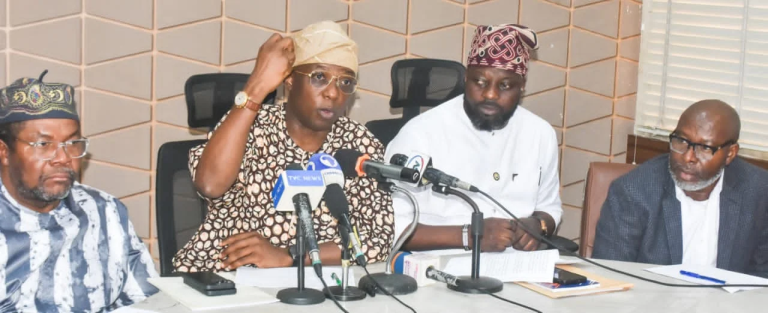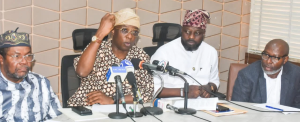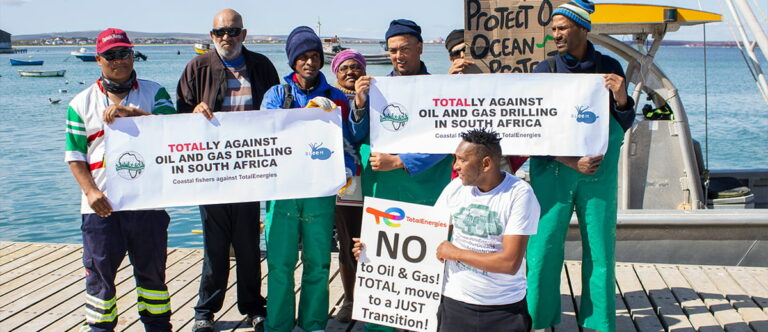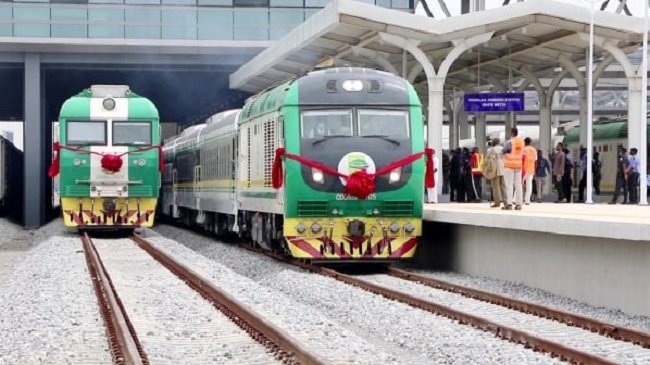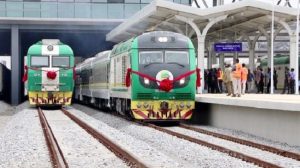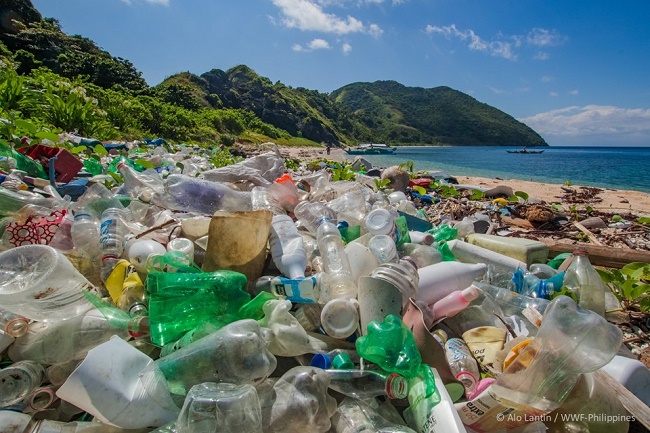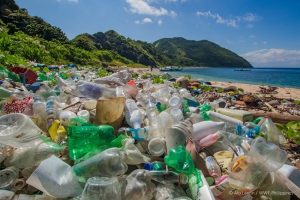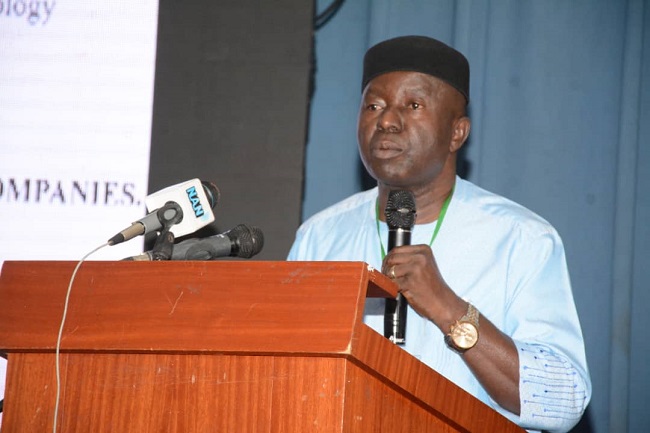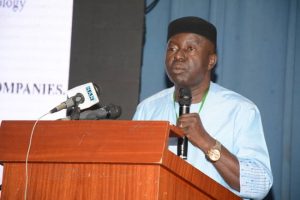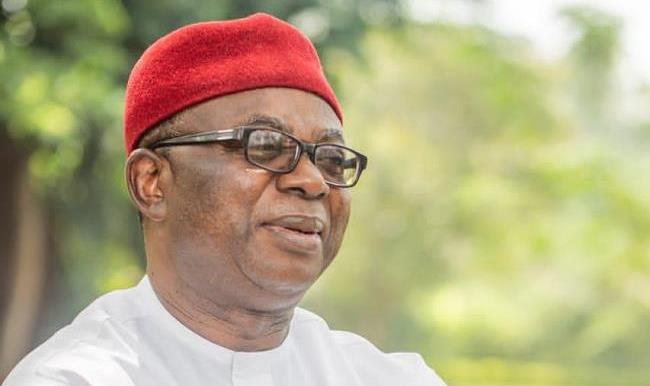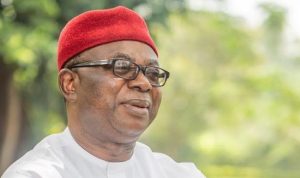Gov. Nasir Idris of Kebbi State has kick-started the 2023/2024 dry season aerial spray to control transboundary quelea birds in the 12 frontline states.

Kebbi hosted the programme on Tuesday, March 26, 2024, on behalf of the Federal Government among the frontline states.
During the ceremony at Sir Ahmadu Bello International Airport, Birnin Kebbi, the governor described quelea birds as inimical to agricultural productivity and national food security.
The frontline states are Adamawa, Bauchi, Borno, Gombe, Jigawa, Kano, Katsina, Kebbi, Sokoto, Taraba, Yobe and Zamfara.
While appreciating the Federal Government for finding Kebbi worthy of hosting the exercise, the governor observed that Kebbi was strategic to food security in the country.
“Therefore, any support will go a long way to getting us achieve results faster and better.
“I know the Federal Government is doing a lot to assist the state develop agriculture and produce more food for the citizens of this country,” he said.
The governor described quelea birds and grasshoppers as dangerous and destructive, adding that inaction would reverse the food security efforts due to the colossal damage they inflict on food and humans.
He stressed the need for both governments to be proactive and ensure concerted, timely and intensified efforts to stem the menace of quelea birds’ attack.
The governor added that the event underscored the proactiveness of President Bola Tunibu’s administration in tackling agricultural challenges in the country. He lauded the farmer-friendly policy of the president by facing the challenges of agriculture head-on, while also appreciating the Minister of Agriculture, Sen. Abubakar Kyari, for his support and special consideration for Kebbi.
Idris said he rolled out the agricultural development agenda, “KADAGE”, as a show of sincerity, determination and commitment to bring about agricultural growth in the state.
The minister said the choice of Kebbi to host the programme was deliberate, considering the farming activities, especially the cultivation of rice and other crops as well as the support and love of the governor for agriculture.
“Your willingness to accept to host and support this programme is a clear testimony and desire to advance agricultural activities in your state and indeed the nation at large, to guarantee food and nutrition security.
“This is in line with the dynamic agenda of the Federal Government under the able people-oriented leadership of President Bola Tinubu’s Renewed Hope Agenda.
He said the agenda was firmly committed to transforming agriculture for improved production and productivity.
“This is targeted at making food and other agricultural commodities available, accessible and affordable to all Nigerians.”
This will further enhance the livelihood of farmers and other actors within the agricultural value chain and guarantee food and nutrition security.
The minister said Nigeria was blessed with vast agricultural land, resources and great potentials for future expansion to meet national demands to the desired self-sufficiency in food and possibly for export.
He, however, lamented that transboundary and migratory birds possessed significant threat to agricultural production due to devastating effects on cereal crops like rice and wheat.
He said such acts were causing severe havoc on farmers, which remained major threats to food security.”
By Muhammad Lawal


